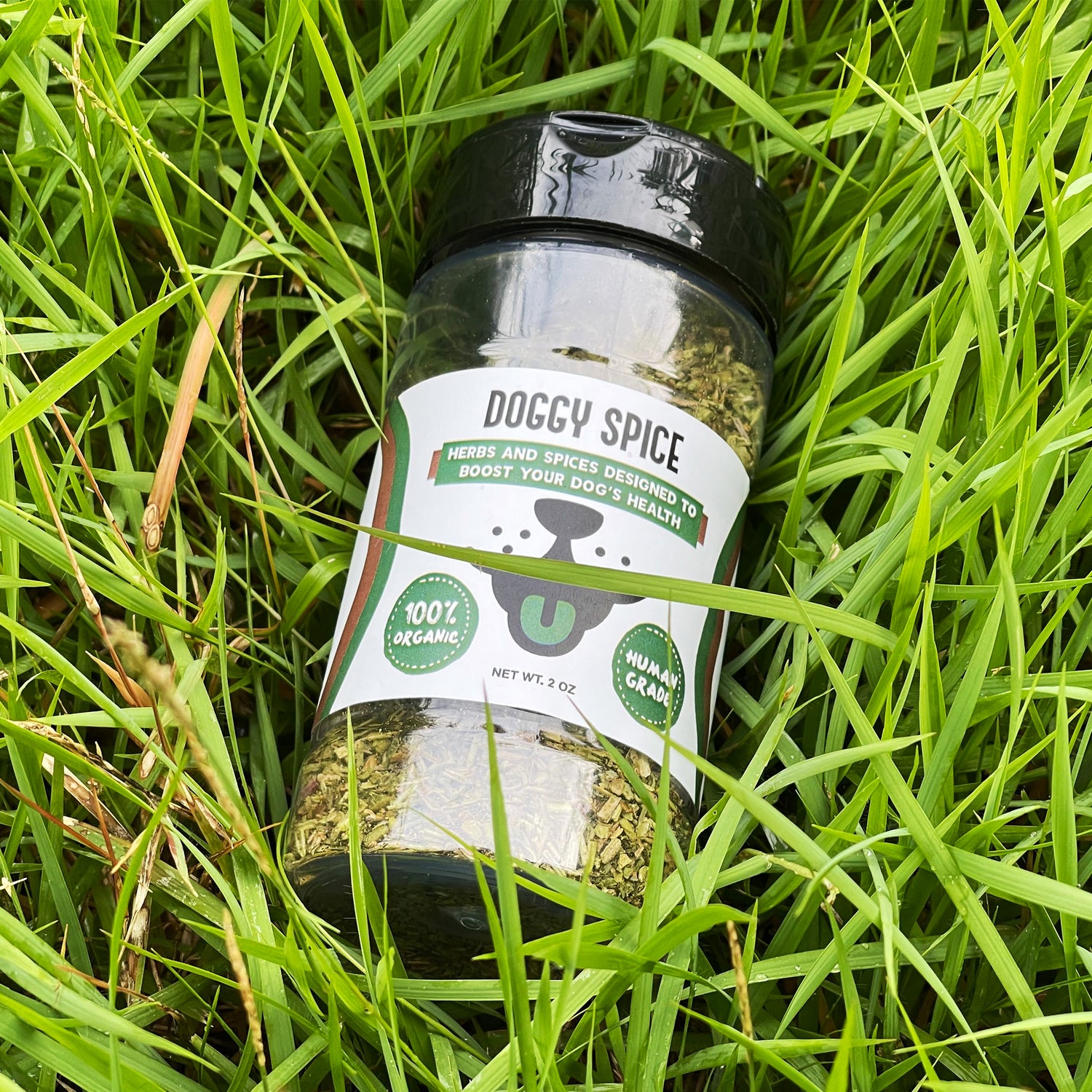
The Importance of Regular Vet Checkups: Keeping Your Dog Healthy Year-Round
Share
Introduction
For dog owners, ensuring your pup lives a long, healthy life means more than just daily exercise and a balanced diet—it requires regular veterinary care 🩺. Routine checkups are vital to detect potential health issues early and to maintain your dog’s overall well-being. But how often should you visit the vet, and what should you expect?
This guide explores the importance of regular vet checkups, how to prepare for visits, and key preventive care measures to keep your furry friend healthy and happy. 🐾
Why Are Regular Vet Checkups Important?
Routine vet visits aren’t just for sick dogs—they're an essential part of preventive care. Here’s why:
- Early Detection of Health Issues 🩺: Regular exams can catch problems like dental disease, obesity, or heart conditions before they become serious.
- Vaccinations and Parasite Control 💉: Keep your dog up-to-date on necessary vaccines and ensure protection against fleas, ticks, and worms.
- Health Monitoring 📊: From weight to behavior, checkups track your dog’s overall health and flag potential concerns.
- Longevity and Quality of Life 🐶: Preventive care can extend your dog’s lifespan and improve their daily comfort.
"Preventive care is the key to ensuring pets live long, healthy lives. Regular checkups allow us to address small issues before they become big problems." — Dr. Jane Smith, DVM
What Happens During a Routine Vet Checkup?
A typical vet visit involves the following:
-
Physical Examination
- Weight Check ⚖️: Monitoring weight helps detect obesity or weight loss due to illness.
- Vital Signs 💓: Heart rate, respiratory rate, and temperature are checked.
- Body Condition: The vet inspects the skin, coat, eyes, ears, and teeth for abnormalities.
-
Vaccination Updates
- Vaccines like rabies, distemper, and Bordetella are updated based on your dog’s age and health.
-
Parasite Prevention
- Screenings for internal parasites and external checks for fleas and ticks.
-
Behavioral and Diet Assessment 🍖
- Discussion about changes in appetite, energy levels, or behavior.
-
Diagnostic Tests (if needed)
- Blood work, urine analysis, or x-rays may be recommended based on findings.
How Often Should You Take Your Dog to the Vet?
The frequency of visits depends on your dog’s age, health, and breed:
|
Age Group |
Frequency |
Details |
|
Puppies (0–1 year) |
Every 3–4 weeks |
Focus on vaccinations, spaying/neutering, and growth monitoring. |
|
Adult Dogs (1–7 years) |
Annually |
Includes vaccinations, parasite prevention, and general health checks. |
|
Senior Dogs (7+ years) |
Biannually or more frequently |
Senior dogs need screenings for arthritis, heart disease, and other age-related issues. |
Benefits of Regular Vet Checkups
- Preventive Care Saves Money 💰
- Catching health issues early avoids costly emergency treatments later.
- Consider getting pet insurance to keep unexpected vet costs low.
- Improved Quality of Life 🐕
- Regular care ensures your dog stays active, pain-free, and happy.
- Tailored Health Plans 📋
- Your vet can customize advice based on breed-specific risks and age-related needs.
- Peace of Mind 🧘♀️
- Routine visits give you confidence that your dog is healthy.
Preparing for a Vet Visit
Follow these steps to ensure a smooth visit:
Before the Appointment
- List Concerns 📝: Note any changes in behavior, appetite, or activity levels.
- Bring Records 📂: Include vaccination history or previous test results.
During the Visit
- Ask Questions ❓: Inquire about diet, exercise, or health concerns.
- Follow Up: Schedule future visits or testing as recommended.
After the Visit
- Follow Instructions 📄: Administer medications or make dietary changes as prescribed.
- Monitor Your Dog 🐾: Watch for side effects or changes post-visit.
Regular Vet Visits Frequently Asked Questions (FAQ) 🧐
How often should I take my dog to the vet?
- Puppies: Every 3–4 weeks during their first year.
- Adults: At least once annually.
- Seniors: Twice a year or more, depending on health.
What vaccines does my dog need?
Core vaccines include rabies, distemper, and parvovirus. Non-core vaccines, like Lyme disease, depend on lifestyle.
What should I do if my dog is scared of the vet?
Desensitize them with positive reinforcement, such as treats or short, stress-free visits to the clinic.
How can I tell if my dog is healthy?
Look for bright eyes, a shiny coat, regular appetite, and normal energy levels. Any significant changes warrant a vet visit.
What signs indicate my dog needs an immediate checkup?
Vomiting, diarrhea, sudden weight loss, lethargy, or difficulty breathing require urgent care.
Top Herbs and Spices to Keep Your Dog Healthy All Year 🌿
- Cleavers (Galium Aparine) - Supports lymphatic health
- Rosemary- Antioxidant-rich
- Dandelion Greens - Provides vitamins A, C, and K
- Basil - Calming properties
- Peppermint - Aids digestion
- Celery Seeds - Anti-inflammatory benefits
- Dill - Rich in antioxidants
- Oregano - Immune-supporting
- Parsley - Supports fresh breath
- Thyme - Immune booster
- Ginger - Soothes stomachs
- Tumeric - Anti-inflammatory properties
These herbs and spices can easily be incorporated into your dog’s meals with Doggy Spice to promote overall well-being. 🌱
Additional Preventive Health Tips
✅ Nutrition Matters
A balanced diet tailored to your dog’s age, size, and activity level is key to maintaining health. Opt for high-quality dog food or consult your vet about raw or homemade diets.
✅ Exercise Regularly
Daily exercise keeps your dog’s weight in check, boosts cardiovascular health, and prevents boredom-induced behaviors.
✅ Dental Care
Brush your dog’s teeth regularly or use vet-approved dental treats to prevent gum disease.
✅ Spaying and Neutering
Spaying/neutering reduces the risk of certain cancers and prevents unwanted litters.
Conclusion
Regular vet checkups are the cornerstone of your dog’s health. From early disease detection to personalized care, routine visits ensure your furry companion stays healthy year-round. Schedule your dog’s next appointment today and give them the gift of a long, happy life. 🐶
📚 References
- American Veterinary Medical Association (AVMA). (n.d.). Preventive Healthcare for Pets. Retrieved from https://www.avma.org
- ASPCA. (n.d.). The Importance of Routine Veterinary Checkups. Retrieved from https://www.aspca.org
- American Animal Hospital Association (AAHA). (2023). Canine Preventive Health Guidelines. Retrieved from https://www.aaha.org
- Veterinary Health Center. (n.d.). Why Regular Vet Visits Matter. Retrieved from https://vethealth.org
- PetMD. (2023). Dog Wellness Checks: What to Expect. Retrieved from https://www.petmd.com

